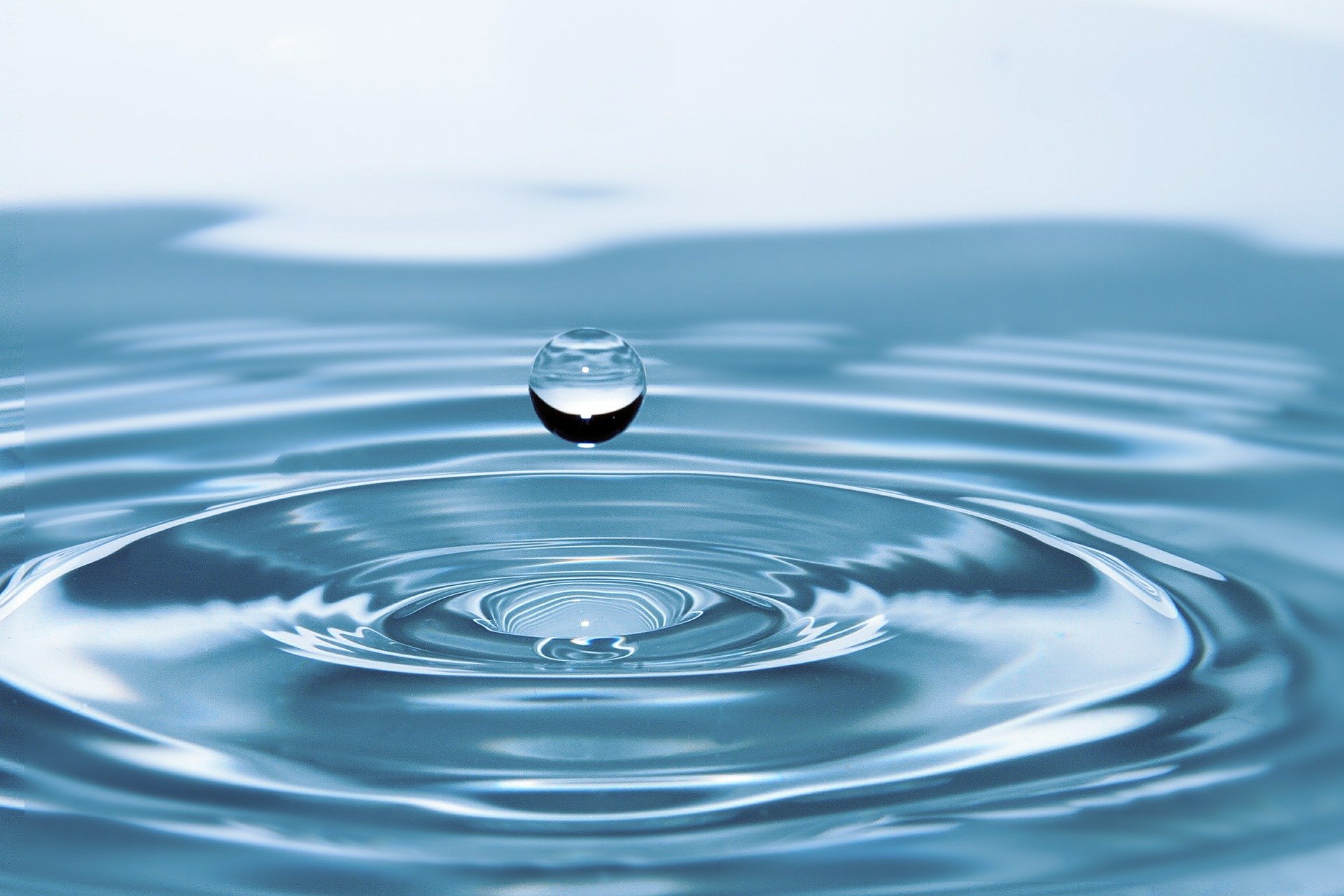The Advantages of Metering with Gear Pumps
When plant engineers are tasked with selecting and specifying chemical metering pumps, the two common choices that come to mind are either a reciprocating plunger pump or a diaphragm pump. Gear pumps typically are seldom considered as conventional metering pumps have almost become synonymous with reciprocating pumps. Conventional metering pumps, …











